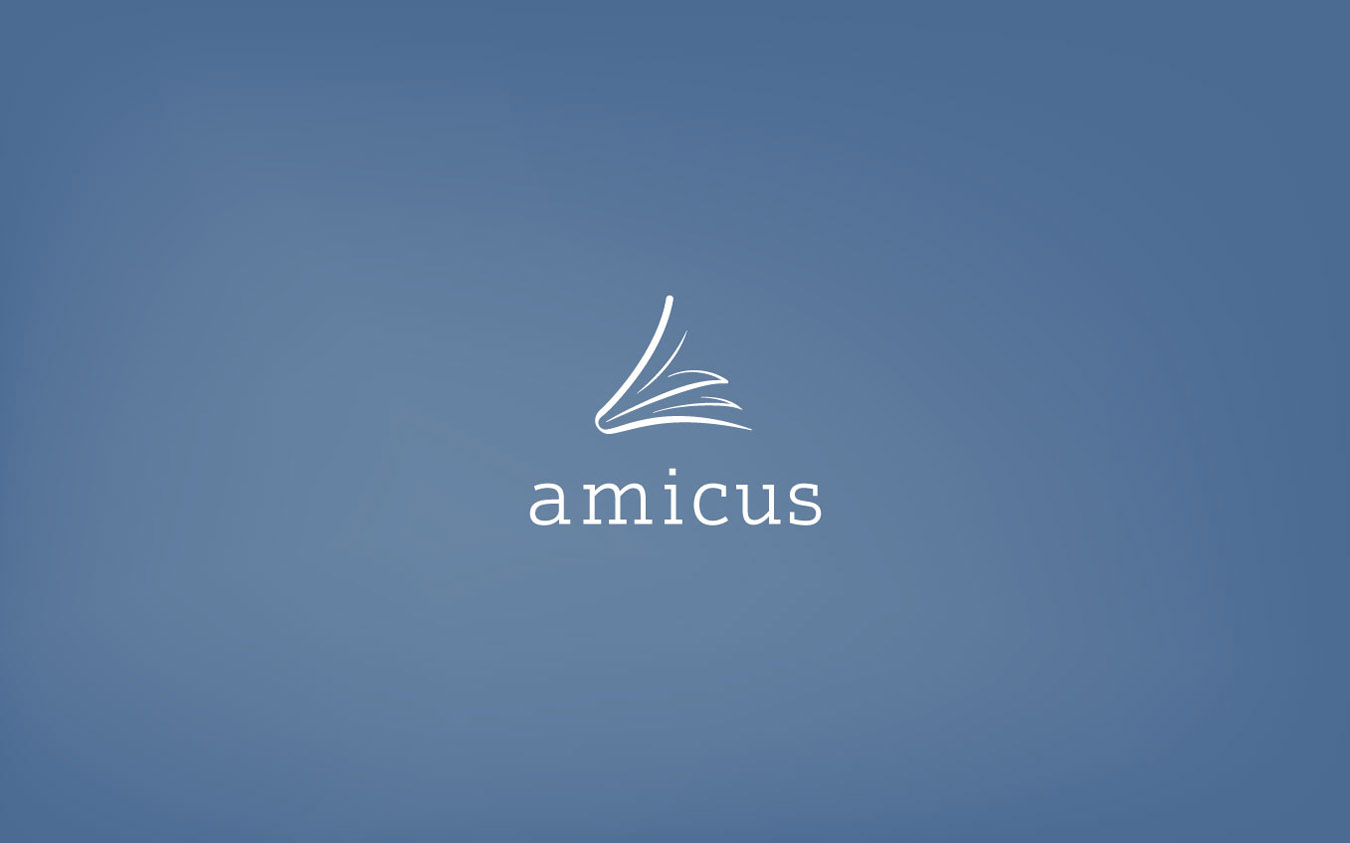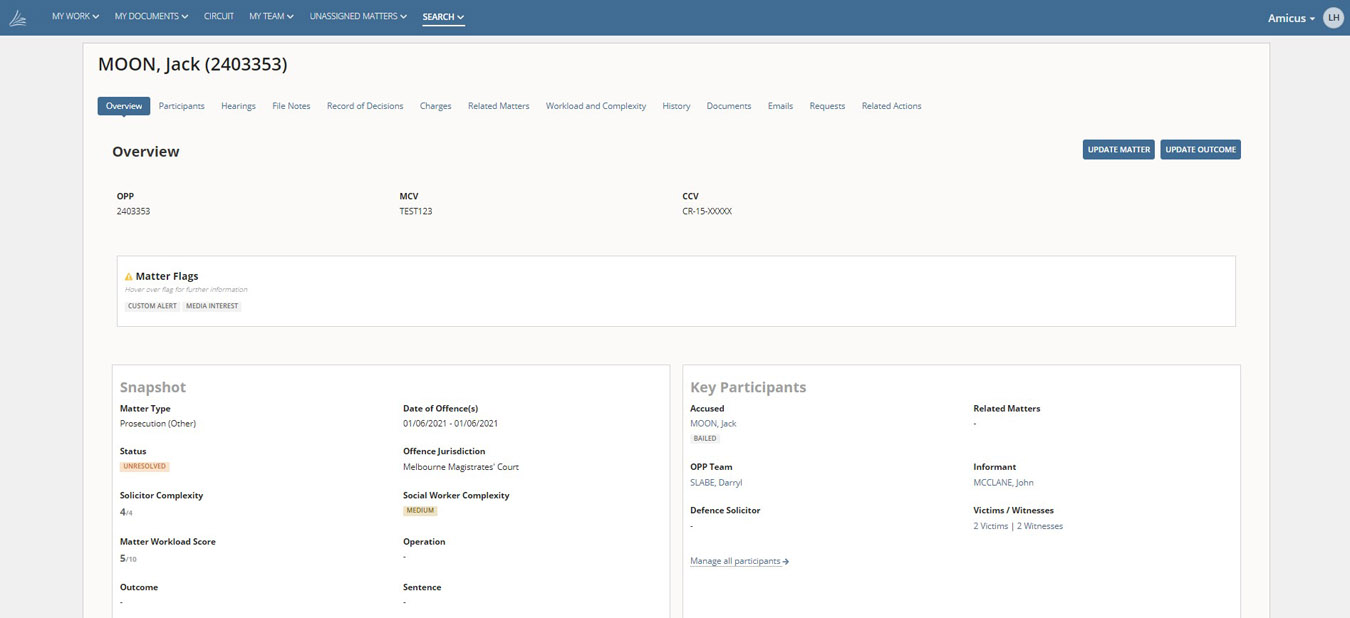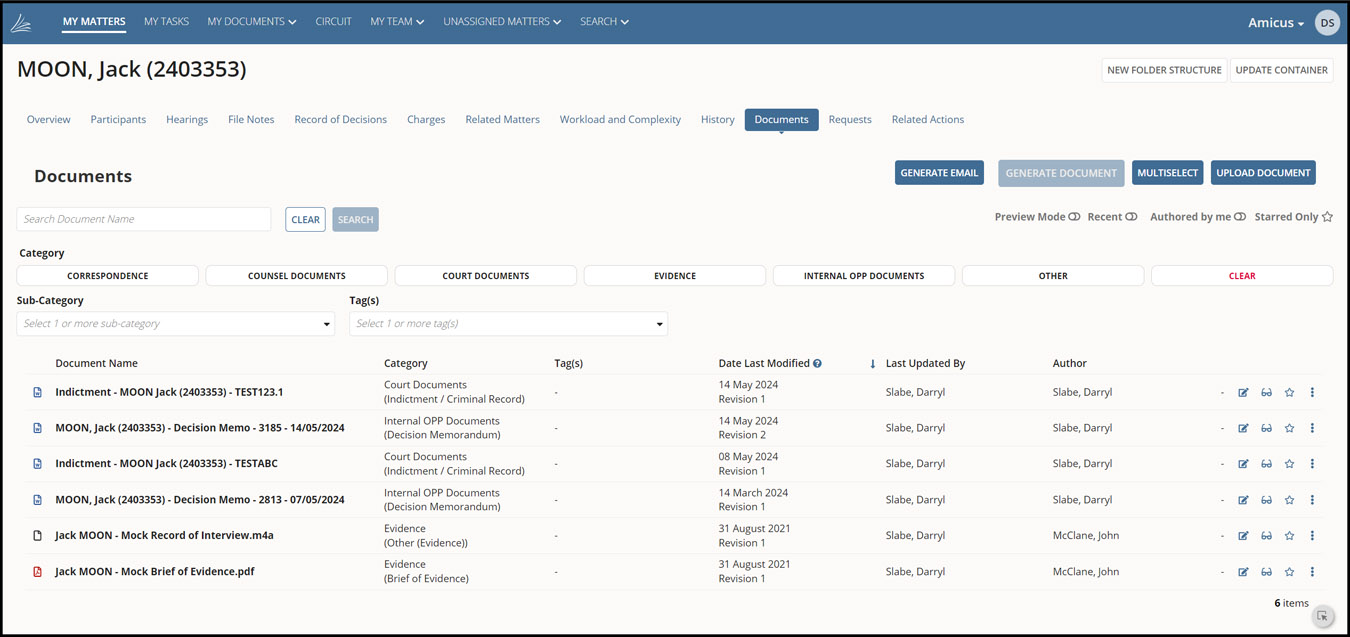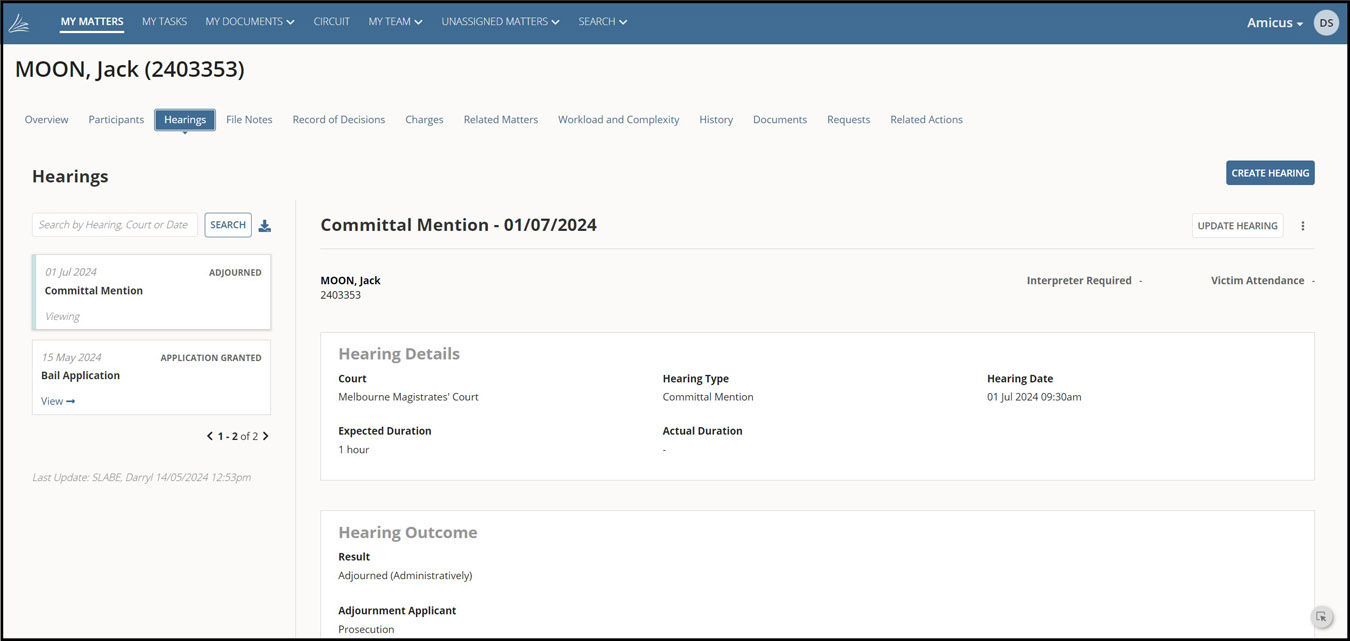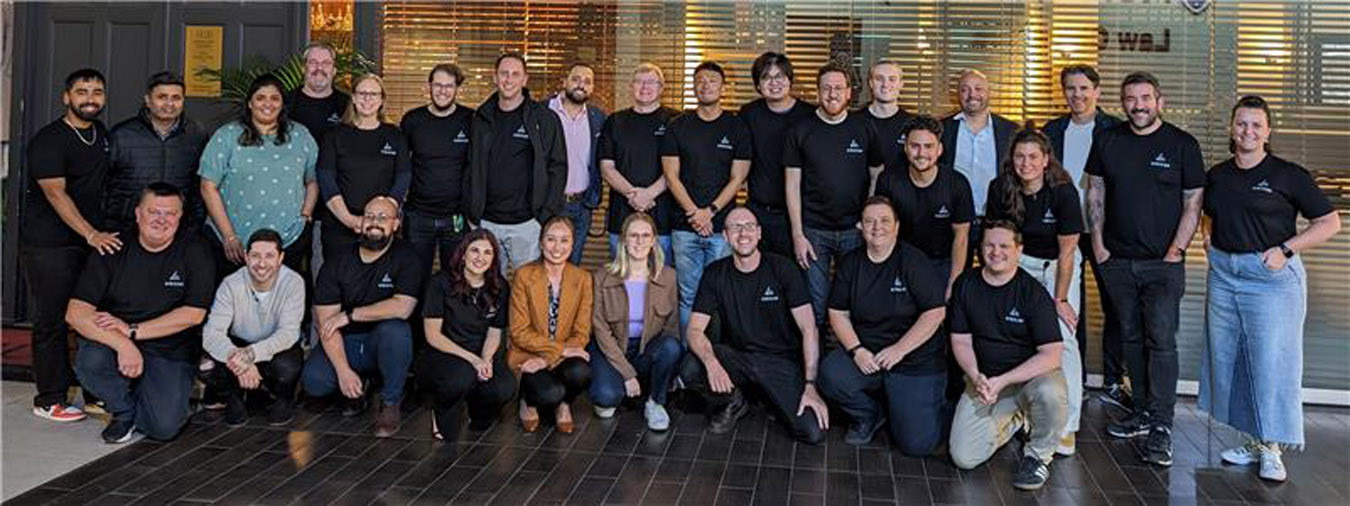The program commenced with a discovery phase, which involved process mapping the current state and analysing the technology landscape. A vision of a centralised digital platform emerged. The design process involved workshops with end-users to cultivate a culture of early engagement and user-centred design. These Co-design workshops with end-users cultivated ownership and engagement. Once the vision was crystallised through clickable wireframes, we needed to partner with the right vendor to deliver that vision. By adopting a low-code platform approach, ‘citizen developers’ have collaborated with engineers on workflow customisation, which has empowered the team and emphasised best-practice user experiences. The result is a solution that is both functional and enjoyable.
Our team fostered a culture where empathy and transparency served as cornerstones. Daily stand-ups (including mini games to encourage communication between SMEs and developers), sprint retrospectives, and a continuous open-door policy prioritised open communication and support, including with the executive team.
Given the large impact of the transformation, change management was at the forefront. Initiatives like the ‘name the system’ competition, which received suggestions from well over half of the 500+ workforce, helped promote a sense of ownership and interest. Events like ‘Amicus Café’ helped gather momentum and generate involvement by staff, and a variety of hands-on training, floor walks, interactive user guides, videos, and one-on-one conversations assured positive user adoption.
Our approach to digital transformation was anchored by a robust, user-friendly technology platform. Integral to fostering a user-centric culture was incorporating legal professionals and support staff into our team full-time, creating a dynamic interdisciplinary environment. This strategy empowered our team and encouraged curiosity and innovation, emphasizing best-practice user experience rarely seen in government agencies. The result is a solution that is intuitive, accessible, and efficient.

